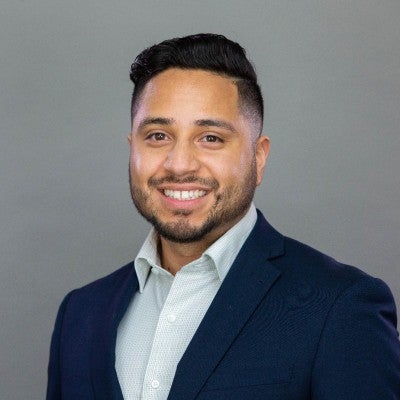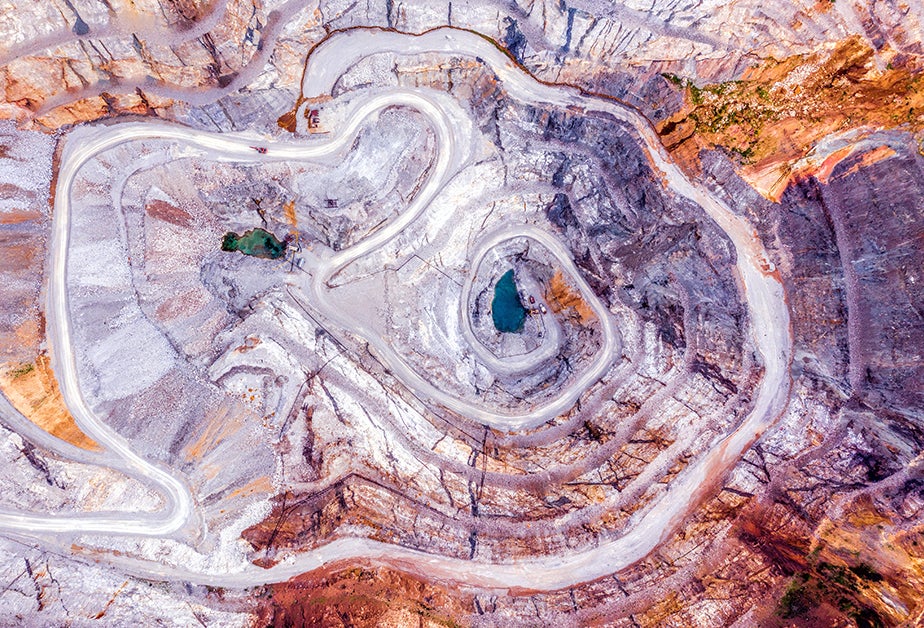Considering the larger push from original equipment manufacturers (OEMs) for more stringent product compliance guidelines, manufacturers need to know not only what’s in their supply chain, but also what’s required to maintain business relationships with companies. Specifically for conflict minerals, OEMs are pushing for more stringent due diligence, and companies need to answer that call in order to mitigate risks and maintain a relationship with them.
What Are Conflict Minerals?
Traditionally, the term “conflict minerals” has referred to four specific minerals – tin, tungsten, tantalum, and gold (3TGs), and their derivatives. However, the term has become more ubiquitous, encompassing all minerals from conflict-affected areas. The sale of these minerals can contribute to everything from armed violence, to insecurity and instability, along with connected human rights violations.
The Dodd Frank Act, Section 1502, which mentions the four minerals listed above, created requirements for minerals that are sourced from the Democratic Republic of Congo (DRC), along with adjoining countries.
Additionally, the EU regulation lists conflicted-affected and high-risk areas (CAHRAs) worldwide.
While Section 1502 of the Dodd-Frank Act set an important mandate for companies currently in scope, further action and work is needed to help identify and mitigate human rights and sustainability issues in supply chains. Specifically, companies who are unable or unwilling to look beyond the Dodd-Frank Act’s mandate could suffer consumer backlash, negative coverage in non-governmental organization (NGO) reports, and may even find it difficult to meet customer requests.
What Is the OECD Guidance on Responsible Supply Chains?
The OECD Due Diligence Guidance for Responsible Supply Chains of Minerals from Conflict-Affected and High Risk Areas helps companies in multiple ways. Firstly, it allows them to better identify risk throughout their mineral supply chain. Additionally, it allows them to both mitigate and respond to those risks. Related risks include human rights concerns surrounding miners, exporters, smelters, manufacturers, and retailers.
The OECD framework has been a de-facto industry standard since 2011 when it was adopted, especially for companies who seek to meet the international community’s high standards and expectations.
The 2022 OECD Report Presents Lingering Challenges
In April 2022, the OECD-OCDE report was released. This report, which sampled 503 companies, detailed what companies have been doing well in regards to conflict minerals due diligence, along with what they can do better.
Firstly, the report found that the number of companies disclosing public-facing documents increased to 53 percent, up from 30 percent. Additionally, companies have done well at disclosing mineral sourcing policies and auditing refiners.
However, the report shows that additional work is needed to both identify and respond to risks, both of which are integral for due diligence. In this way, due diligence goes beyond just public reporting, though that is a key.
Apple & the Importance of Seeing Deeper
In February, Apple severed ties with 12 suppliers and smelting companies, citing companies in the DRC who “didn’t meet their requirements for the responsible sourcing of minerals.” It was this, along with the suppliers’ refusal to participate in the annual audit, that caused Apple to sever ties. This was announced in their conflict minerals audit for the U.S. Securities and Exchange Commission.
This speaks to a larger push on the part of OEMS for stronger due diligence with regards to conflict minerals. Manufacturers will need to be more proactive in ensuring they adhere to these due diligence guidelines, in order to maintain their relationship with OEMs.
That is why it’s so important for manufacturers to be able to see deeply into their supply chain. By being able to notice and mitigate potential conflict minerals issues, risks can be avoided.
Assent’s Solution for Responsible Minerals
Since manufacturers need to see more deeply into their supply chains, Assent is poised to help both in identifying and mitigating risks. Not only does Assent give you the deep insight into, and information about, your supply chain, but our subject matter experts provide much-needed guidance and insight.
This combination of expertise and technology aids manufacturers with supply chain sustainability management, allowing you to see deeper, work smarter, and grow better.
To learn more about how Assent can help, Contact us









